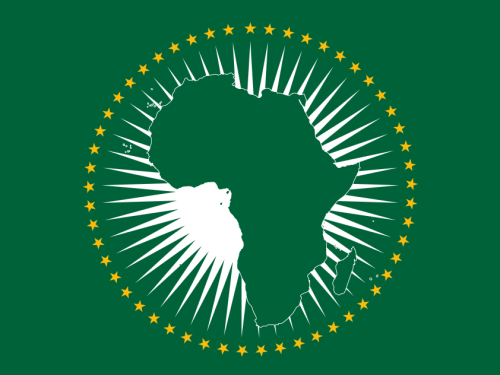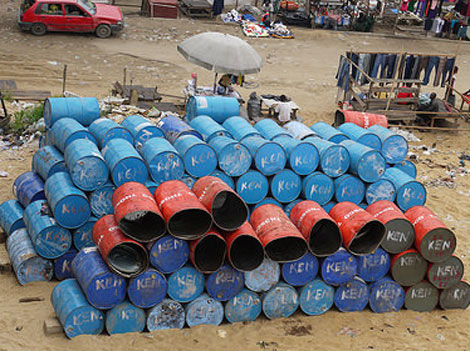
Africa has a problem of presidents not leaving office when it’s time to do so. The latest illustration of this is the maneuvering of Burundi’s President Pierre Nkurunziza. After 10 years in office, he is attempting to stay on for a third five-year term – in contravention of Burundi’s constitution that limits presidents to two five-year terms.
Nkurunziza’s determination to stay in power has brought the country to the brink of another civil war. (It’s estimated that 300,000 people were killed in Burundi’s ethnically-based civil war of 1993-2005). The government’s hardline response to protests against a third term has resulted in more than 100 deaths, the arrests of some 500 media and civil society leaders, a fracturing of the military, and the exodus of some 200,000 refugees since April.
Unfortunately, Nkurunziza is not alone among African leaders who defy the fundamental requisite of democracy that leaders must step down when their terms expire. In fact, the continent as a whole is in the midst of a wider battle over governance norms. Burundi’s relevance to this larger struggle compels assertive action on the part of key African and Western governments interested in upholding the rule of law.




